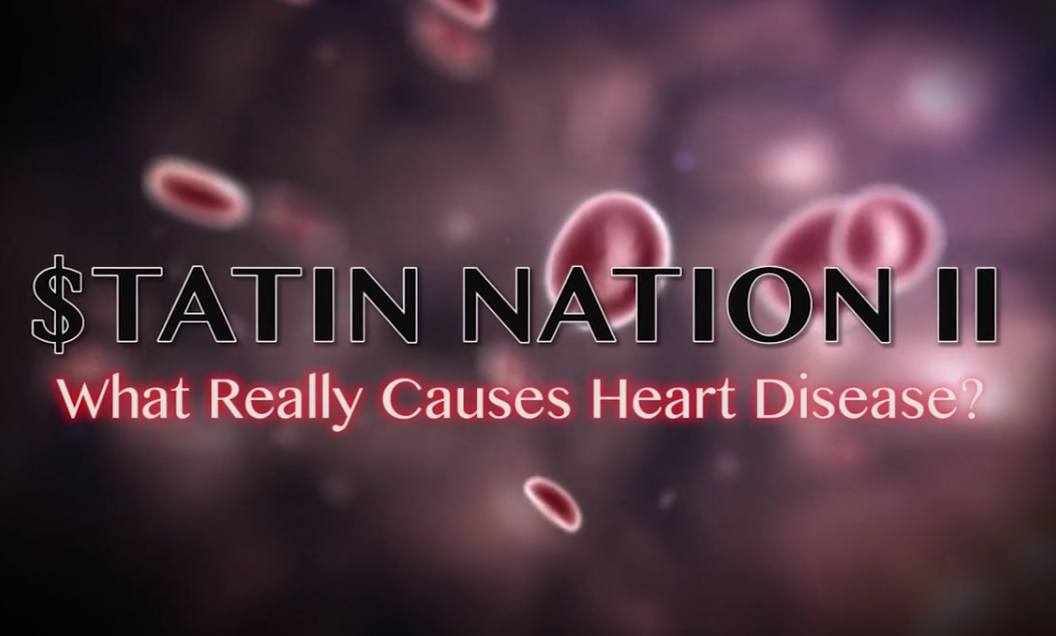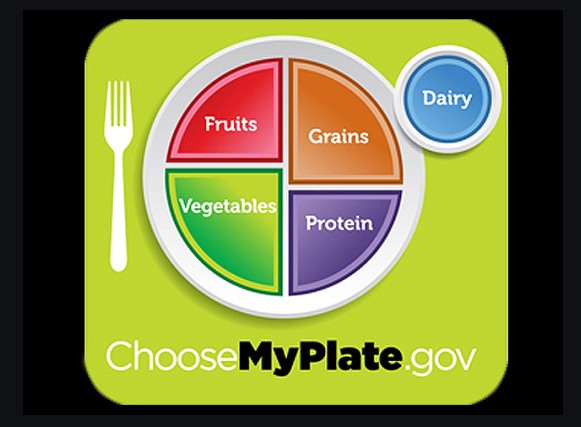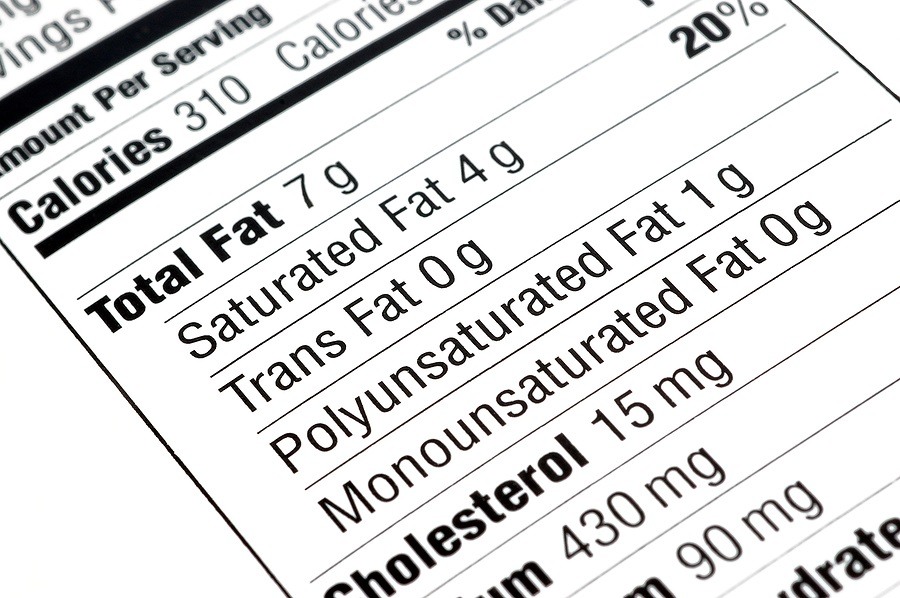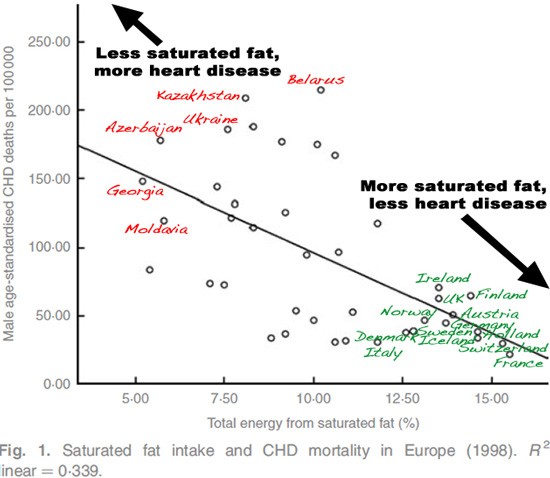For many decades, the idea that saturated fats caused heart disease reigned supreme, and diets shifted sharply away from saturated animal fats such as butter and lard, toward partially hydrogenated vegetable oils and margarine.
However, as people abandoned saturated fats and replaced them with trans fats, rates of heart disease continued on a steady upward climb. And, the more aggressive the recommendations for low-fat diets, the worse this trend became.
Last year, butter consumption in the US reached a 40-year peak, and the resurgence of butter has been attributed to a shift in consumer preferences away from processed foods and back toward natural foods.
This is a positive trend, showing that the old myth claiming that saturated fat is bad for you is finally starting to crumble. People are also starting to recognize that refined sugar is far worse for your heart than dietary fat was, and processed low-fat foods are typically loaded with sugar.
According to the film, the long held view that saturated fats and cholesterol caused heart disease came under closer scrutiny in the 1990s, when researchers like Kurt Ellison with the Boston University started taking notice of what became known as the French Paradox.
The French eat a lot more fat than many other nations, yet they don't have higher rates of heart disease.
For example, in the UK people on average eat 13.5 percent of their total calories as saturated fat, whereas the French eat 15.5 percent saturated fat, yet their rate of heart disease deaths is about one-third of that in the UK — just 22 heart disease deaths per 100,000 compared to 63 per 100,000 in the UK.













